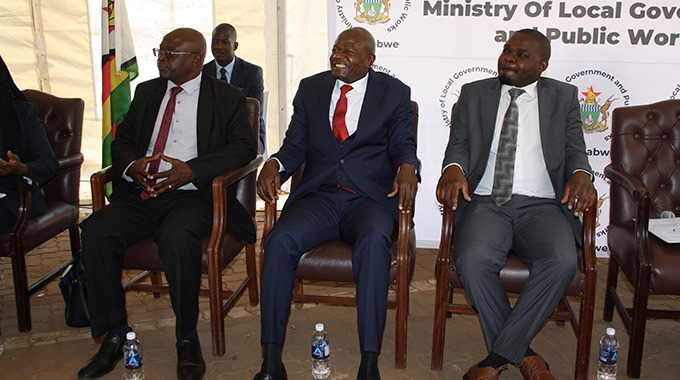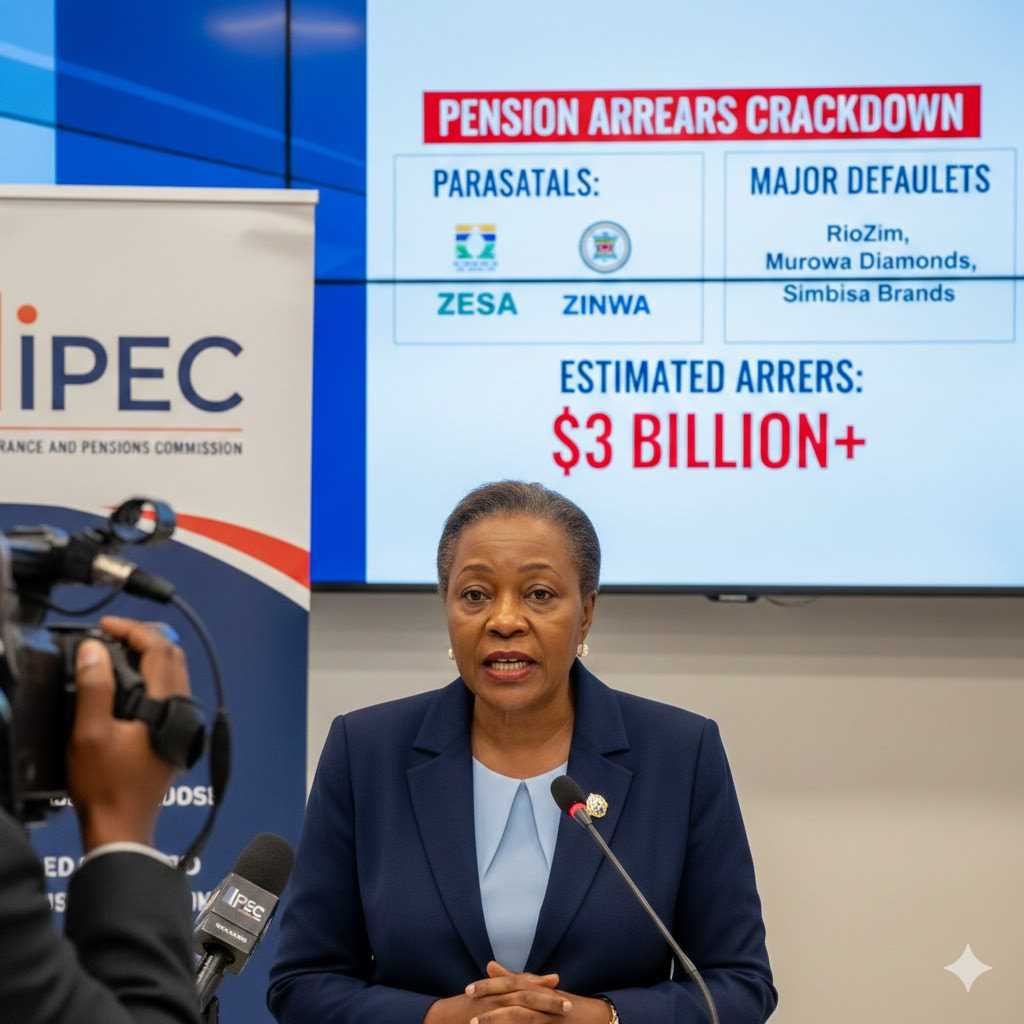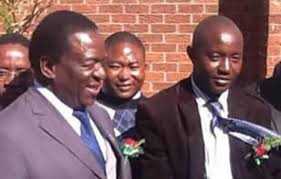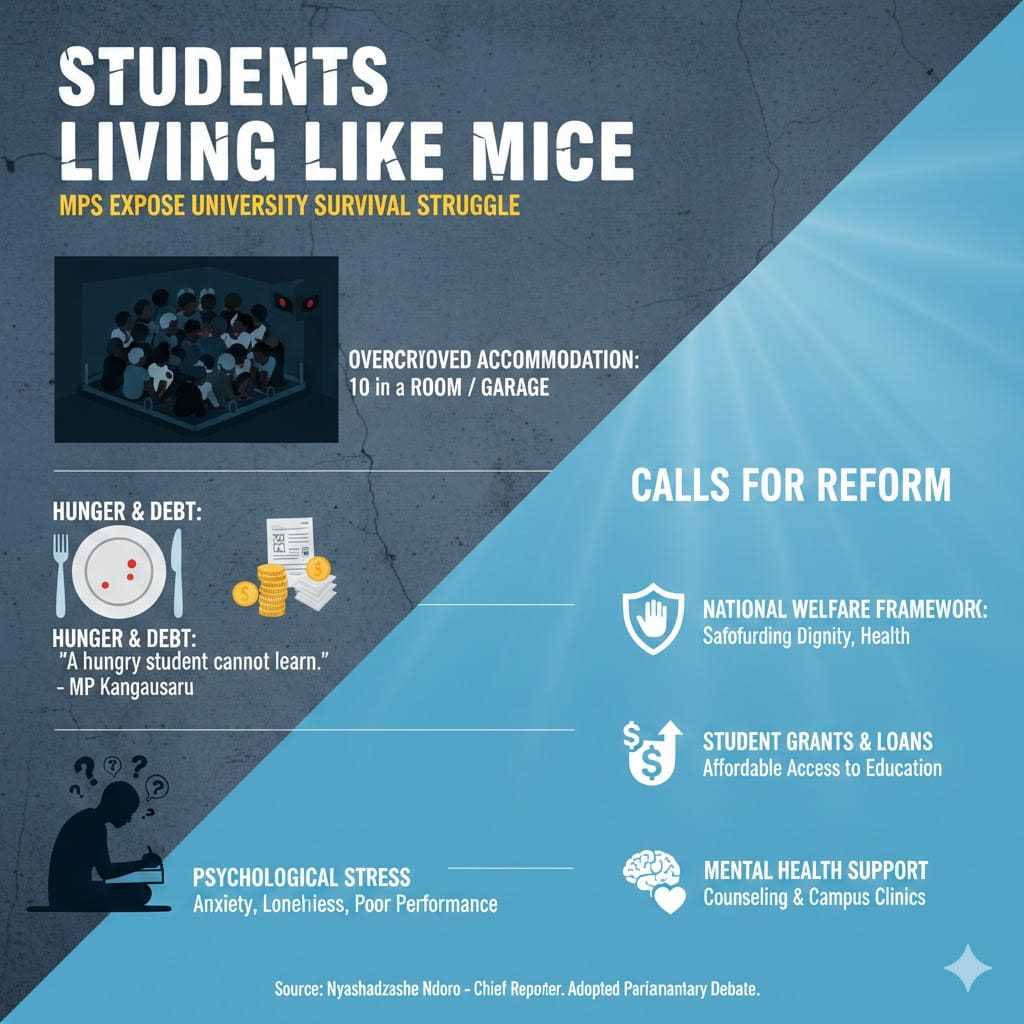
Oscar J Jeke
Zim Now Reporter
Corruption in Zimbabwe’s local authorities has once again come under the spotlight, prompting the Ministry of Local Government and Public Works and the Zimbabwe Anti-Corruption Commission to establish a Special Taskforce dedicated to investigating councils.
Local Government Minister Daniel Garwe said the move is meant to ensure allegations raised against councils and their officials are “thoroughly investigated and resolved” amid rising concerns over land scandals, procurement irregularities, and abuse of office.
Related Stories
“Our ministry is mandated through the Urban Councils Act [Chapter 29:15] and the Rural District Councils Act [Chapter 29:18] to oversee the operations of the 92 local authorities countrywide. The Acts provide that the minister may appoint investigators to conduct internal investigations on matters that relate to good governance. The Integrity Committee, working with ZACC, is mandated to maintain ethical standards and prevent corruption,” Garwe said.
He explained that while the ministry has always conducted administrative investigations, the ZACC and the Zimbabwe Republic Police have constitutional mandates to pursue criminal cases. “The involvement of the ministry in these investigations is not meant to undermine law enforcement agencies but to ensure swift response to allegations raised against councils and their officials,” he added.
ZACC chairperson Michael Reza confirmed that councils remain a major corruption hotspot, accounting for 14% of all cases handled by the commission in 2024.
“Out of 925 cases we dealt with last year, 134 came from local authorities. Mostly land issues, procurement, and abuse of office. Those are the three major areas of interest,” Reza said. “We are going to follow up on those people who sell land that does not belong to them. The minister has warned repeatedly, but some people don’t listen.”
Several corruption-related cases involving both rural and urban councils are already under investigation, with arrests and suspensions of officials recorded in recent years. However, Garwe noted that some cases remain unresolved for years due to their complexity, a gap the new Taskforce aims to close.


















Leave Comments